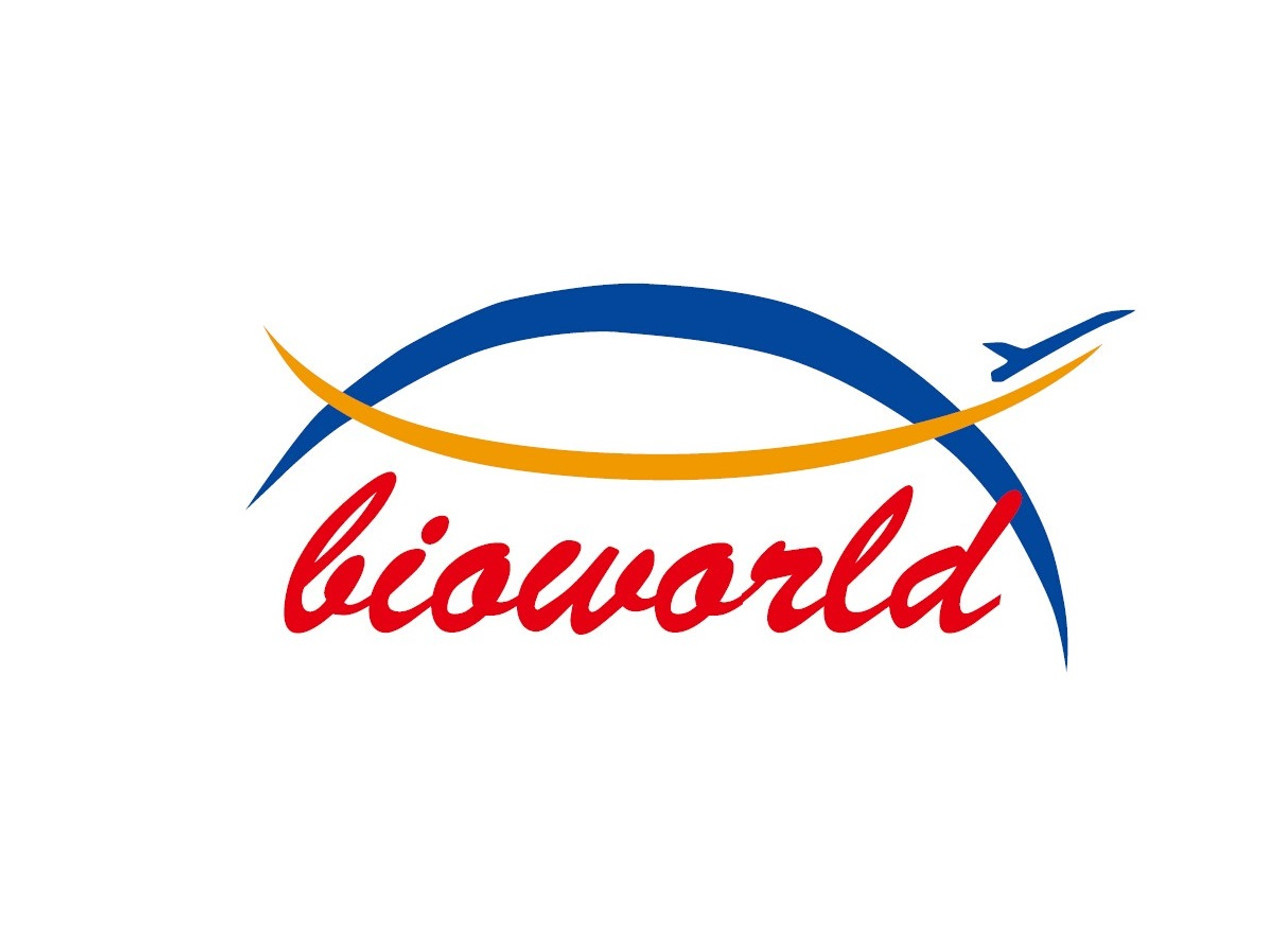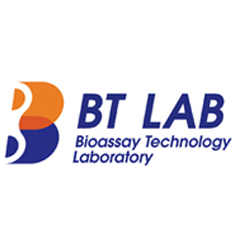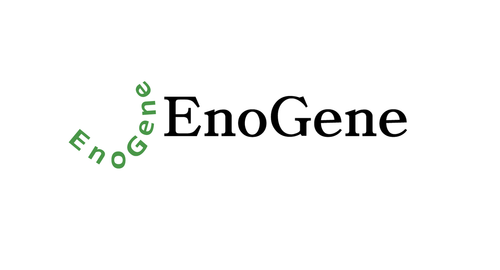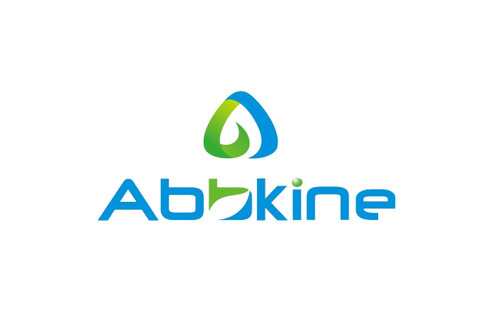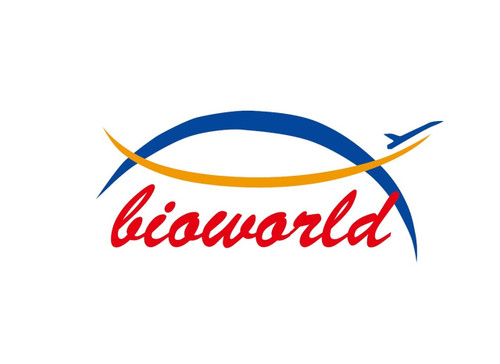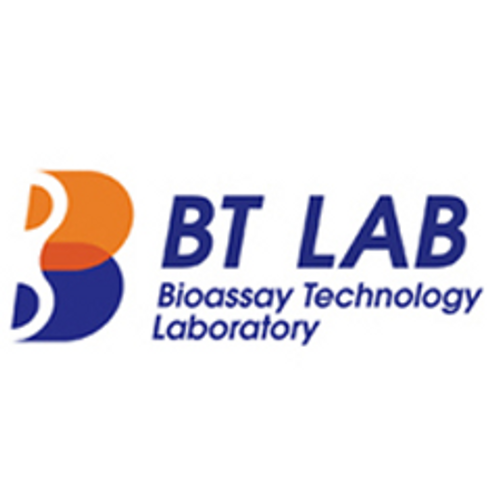Product Description
VDR polyclonal Antibody | BS91430 | Bioworld
Host: Rabbit
Reactivity: Human, Rat
Application: WB ICC FC
Application Range: WB:1:1,000-1:2,000 ICC:1:50-1:200 FC:1:50-1:100
Background: The active metabolite of vitamin D modulates the expression of a wide variety of genes in a developmentally specific manner. This secosteroid hormone can up- or downregulate the expression of genes involved in a diverse array of responses such as proliferation, differentiation and calcium homeostasis. 1,25- (OH) 2-vitamin D3 exerts its effects through interaction with the vitamin D receptor (VDR), a member of the superfamily of hormone-activated nuclear receptors. In its ligand-bound state, the VDR forms heterodimers with the 9-cis retinoic acid receptor, RXR, and affects gene expression by binding specific DNA sequences known as hormone response elements, or HREs. In addition to regulating the above-mentioned cellular responses, 1,25- (OH) 2-vitamin D3 exhibits antiproliferative properties in osteosarcoma, melanoma, colon carcinoma and breast carcinoma cells.
Storage & Stability: Store at +4°C after thawing. Aliquot store at -20°C. Avoid repeated freeze / thaw cycles.
Specificity: VDR polyclonal Antibody detects endogenous levels of VDR protein.
Molecular Weight: 48 kDa
Note: For research use only, not for use in diagnostic procedure.
Alternative Names: VDR, NR1I1, 1 25 dihydroxyvitamin D3 receptor, 1, 1, 25 dihydroxyvitamin D3 receptor, 1, 25-@dihydroxyvitamin D3 receptor, 25-dihydroxyvitamin D3 receptor, Member 1, NR1I1, Nuclear receptor subfamily 1 group I member 1, PPP1R163, Protein phosphatase 1, regulatory subunit 163, VDR, VDR, Vitamin D (1, 25- dihydroxyvitamin D3) receptor, Vitamin D hormone receptor, Vitamin D nuclear receptor variant 1, Vitamin D receptor, Vitamin D3 receptor,
Immunogen: Recombinant protein with human Vitamin D Receptor aa 100-300.
Conjugate: Unconjugated
Modification: Unmodification
Purification & Purity: Protein affinity purified.
Pathway:
 Euro
Euro
 USD
USD
 British Pound
British Pound
 NULL
NULL

